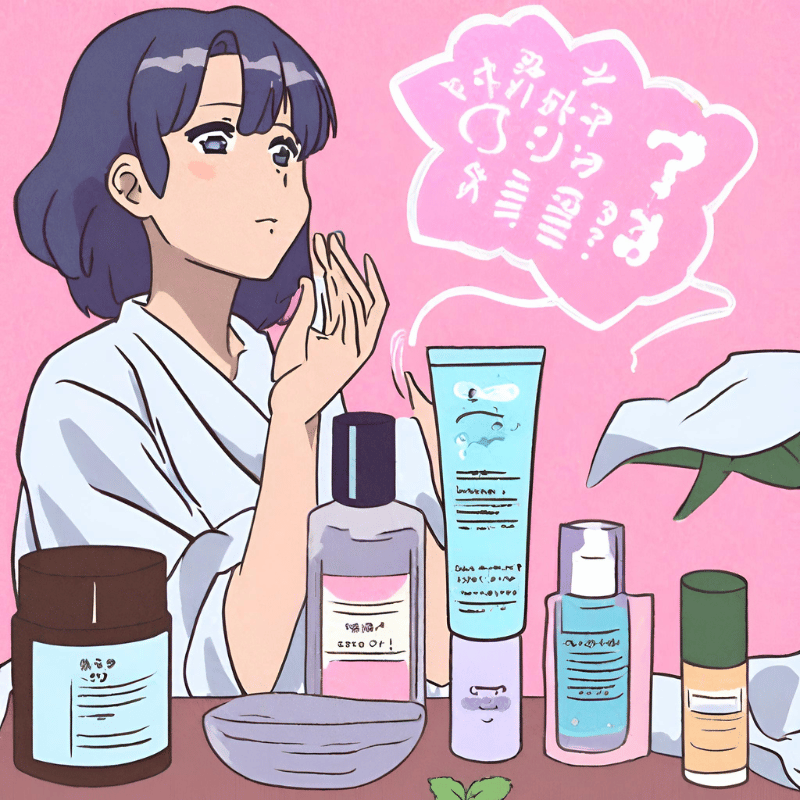Embarking on a journey toward healthy, radiant skin begins with understanding the fundamentals. In this guide, we dive into essential skincare tips that not only aim to enhance your skin’s natural beauty but also prioritize its health. From discerning how often to revamp your skincare regimen, to identifying nature’s most potent ingredients, and understanding the profound impact of diet on your complexion, we’ve got you covered. Additionally, we’ll navigate through the process of selecting products tailored specifically to your skin’s unique needs, underscore the irreplaceable role of daily sunscreen, and explore innovative ways to greenify your skincare routine. Let’s embark on this journey together, armed with the knowledge and tools needed to achieve the glowing, healthy skin you deserve.
How often should I update my skincare routine?
Updating your skincare routine should be based on several factors including changes in the seasons, your age, and any shifts in your skin condition. For example, you might need more hydrating products in the winter compared to the summer. Additionally, as you age, your skin’s needs change, necessitating updates to your skincare regimen to include products with anti-aging ingredients or more moisture. It’s also wise to reassess your routine if you notice changes in your skin’s condition, such as increased dryness, breakouts, or sensitivity. A good rule of thumb is to evaluate your skincare needs every few months or whenever you notice significant changes in your skin or environment.
What are the best natural ingredients for a essential skincare?
Many natural ingredients are beneficial for the skin, including:
- Aloe Vera: Known for its soothing and hydrating properties, aloe vera can help with skin irritation and moisturize without feeling heavy.
- Tea Tree Oil: Valued for its antimicrobial properties, making it excellent for acne-prone skin.
- Hyaluronic Acid: Although it sounds synthetic, hyaluronic acid is naturally occurring in the body. It’s incredibly hydrating and can hold up to 1000 times its weight in water.
- Vitamin C: An antioxidant that helps with the skin’s natural regeneration process, and can help repair damaged skin cells, making it great for brightening and reducing the appearance of dark spots.
- Green Tea: Contains antioxidants that can reduce inflammation and protect skin from damage caused by free radicals.
Can diet really affect my skin?
Yes, diet can significantly affect the skin. Foods high in sugar and refined carbohydrates can trigger or exacerbate acne and other skin conditions. On the other hand, a diet rich in fruits, vegetables, lean proteins, and healthy fats can promote smoother, healthier-looking skin. Vitamins and minerals such as vitamins A, C, E, and zinc, along with omega-3 fatty acids, are particularly beneficial for the skin, supporting its repair, radiance, and overall health.
How do I know if a skincare product is right for me?
Determining if a skincare product is right for you involves a few steps:
- Understand your skin type: Knowing whether you have dry, oily, combination, or sensitive skin can help you choose products formulated for your specific needs.
- Patch test: Before using a new product all over your face, do a patch test on a small area of your skin (like behind your ear or on your neck) to see if you have any adverse reactions.
- Ingredients matter: Look for products with ingredients that are known to address your skin concerns. Avoid ingredients you’re allergic to or that your skin doesn’t tolerate well.
- Observe results over time: Some products, especially those targeting acne or aging, take time to show results. Give it several weeks to observe how your skin responds before making a judgment.
Is it necessary to use sunscreen every day for a Essential Skincare?
Absolutely. Daily sunscreen use is crucial to protect your skin from harmful UV rays, which can cause premature aging (like wrinkles and sunspots) and increase the risk of skin cancer. UV exposure can occur even on cloudy days or through windows. Using a broad-spectrum sunscreen with at least SPF 30 can help shield your skin from both UVA and UVB rays.
How can I make my skincare routine more sustainable?
Making your skincare routine more sustainable can involve several steps:
- Choose eco-friendly brands that use sustainable, ethically sourced ingredients, and recyclable or biodegradable packaging.
- Reduce waste by purchasing products in bulk, using multi-purpose products, and opting for refillable containers.
- **DIY skincare

